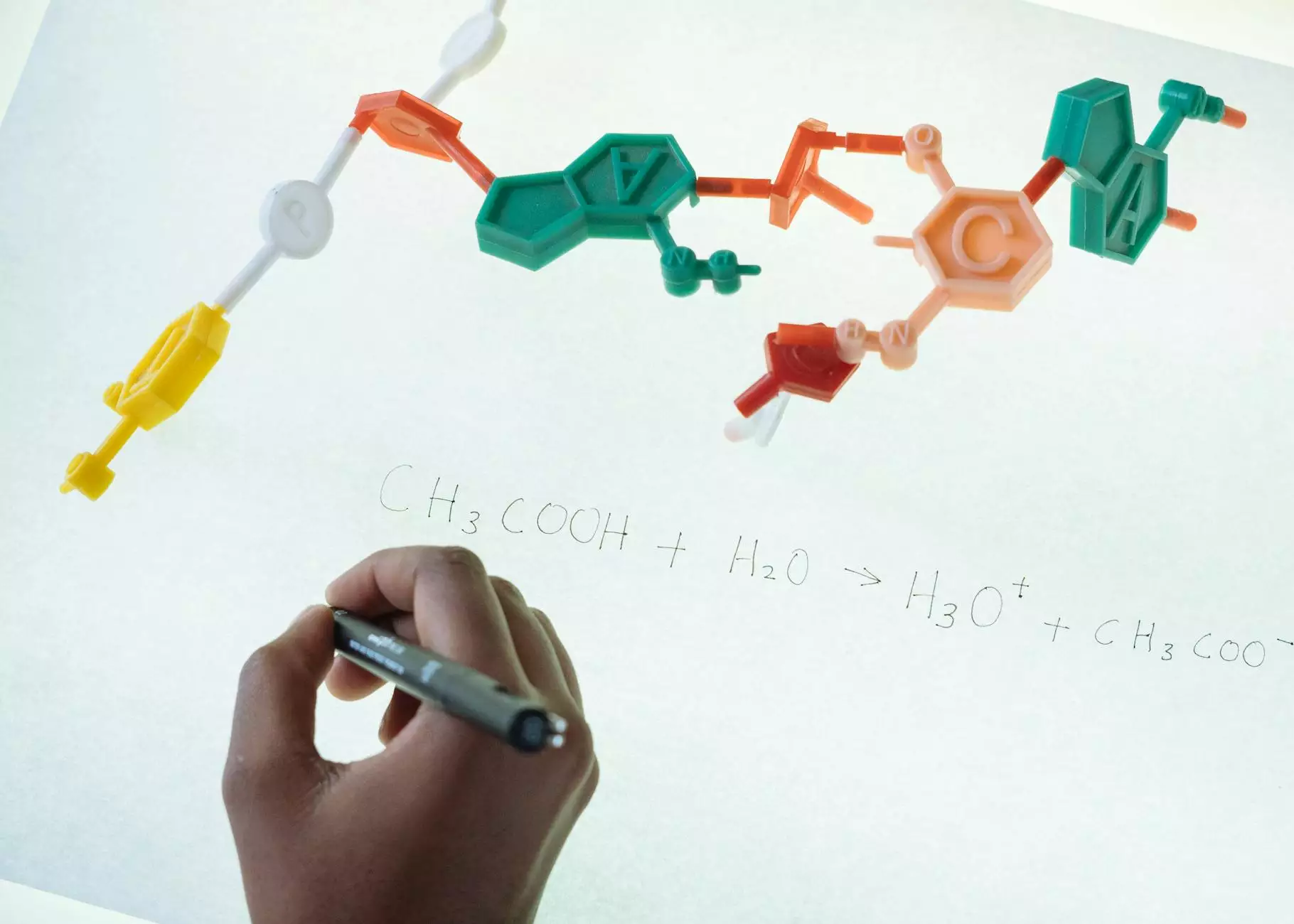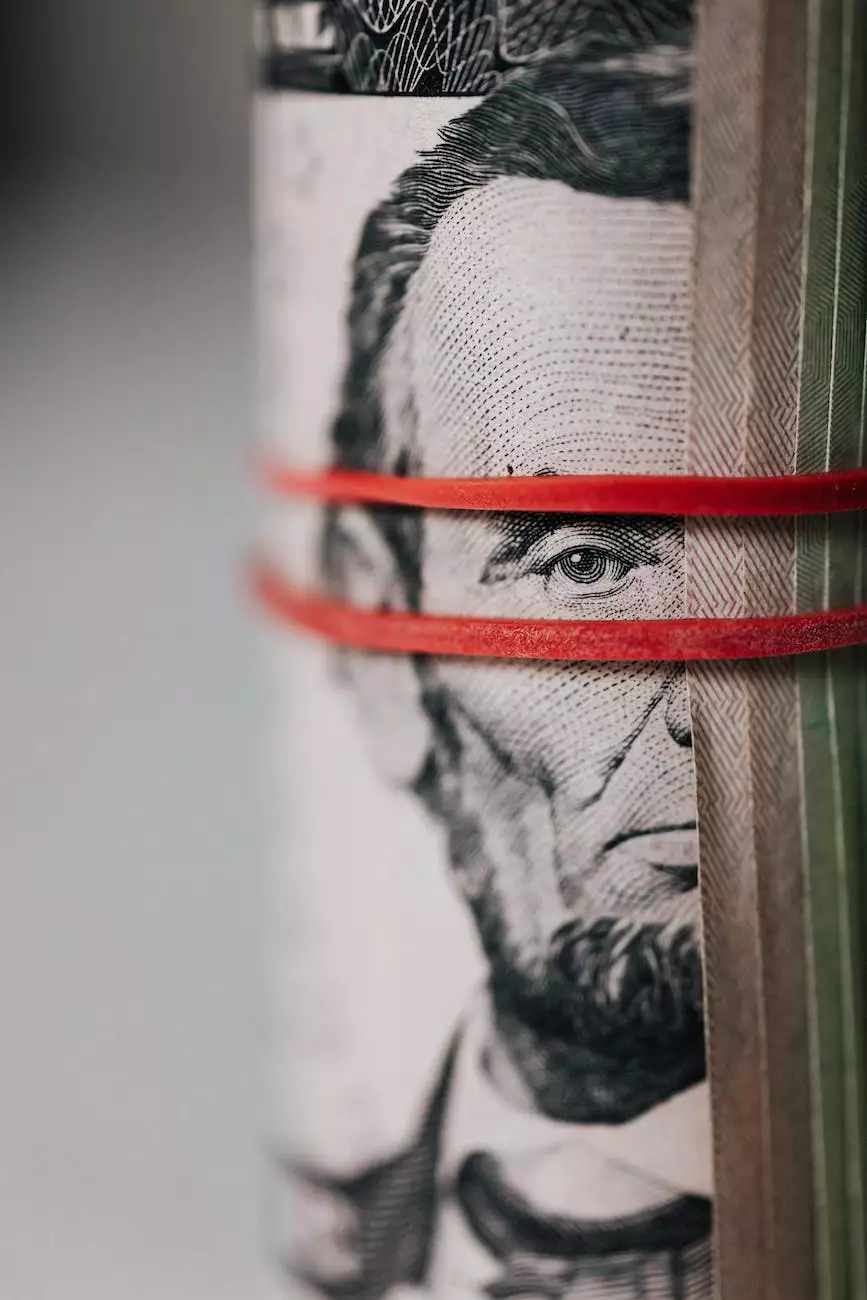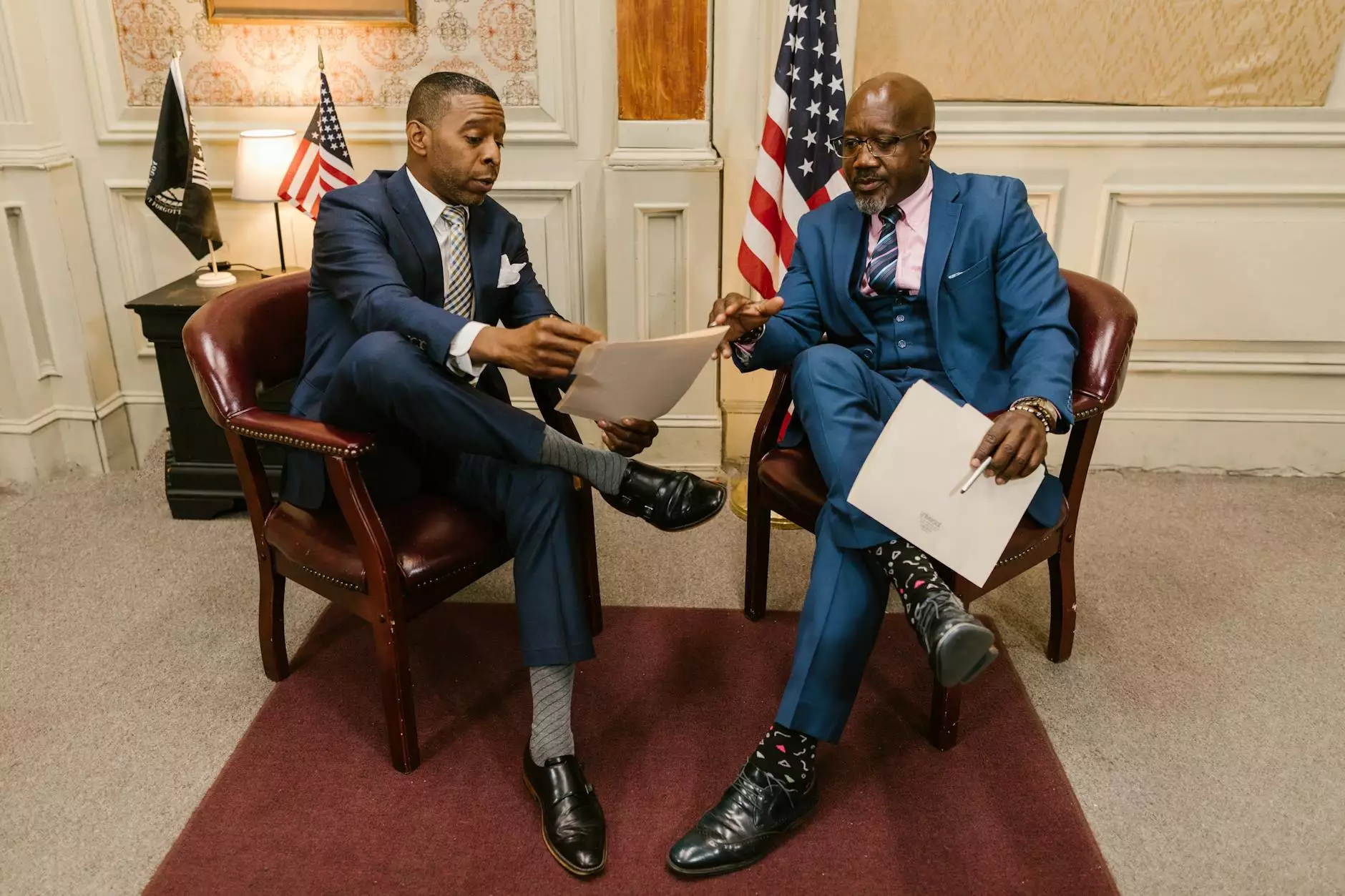What is Trademark Infringement?

Trademark infringement refers to the unauthorized use of a trademark or service mark that is likely to cause confusion, mistake, or deception among consumers. It occurs when someone uses a similar mark that is likely to create a false impression of affiliation, endorsement, or sponsorship with the original trademark holder.
The Importance of Trademarks
Trademarks play a crucial role in identifying and distinguishing the products or services of one business from those of another. They provide exclusive rights to the trademark owner and help build brand reputation and consumer loyalty. Registering a trademark grants additional legal protection and enforcement options.
Understanding Trademark Infringement
Trademark infringement can occur through the use of a confusingly similar mark on competing goods or services, or even unrelated ones if the similarity causes consumer confusion. Infringement can also happen through the use of words, phrases, logos, or designs that are closely related to a registered trademark.
To prove trademark infringement, the following elements must typically be established:
- The trademark is valid and legally protected.
- The alleged infringer is using a similar or identical mark.
- The use of the similar mark is likely to cause confusion or deceive consumers.
- The similarity between the marks is not based on fair use or another legitimate defense.
Types of Trademark Infringement
There are various types of trademark infringement that businesses may encounter:
1. Direct Infringement
Direct infringement occurs when someone deliberately uses a mark that is identical or similar to a registered trademark without permission. This can include using a similar logo, design, or even a modified version of the original mark.
2. Contributory Infringement
Contributory infringement refers to knowingly aiding, abetting, or facilitating another person's direct trademark infringement. This occurs when someone assists or enables another party to infringe upon a trademark.
3. Vicarious Infringement
Vicarious infringement occurs when a person has the right and ability to supervise or control the use of a trademark but authorizes or benefits from another party's infringing activities. In such cases, both the direct infringer and the person who benefits from the infringement may be held liable.
Consequences of Trademark Infringement
Trademark infringement can have severe consequences for both the original trademark owner and the alleged infringer. These consequences may include:
- Legal action and potential lawsuits
- Cease and desist letters
- Loss of business reputation and customer trust
- Financial damages, including the infringer's profits
- Potential injunctions
- Disruption of business operations
Protecting Your Business
As a business owner, it is essential to take proactive steps to protect your trademarks and defend against potential infringement. Here are some measures you can consider:
1. Conduct a Trademark Search
Before adopting a new trademark, conduct a comprehensive search to ensure it does not infringe upon existing trademarks. This can help you avoid legal complications and potential lawsuits in the future.
2. Register Your Trademark
Registering your trademark with the appropriate government agency provides you with stronger legal protection and enforcement options. Consult with a trademark attorney to guide you through the registration process.
3. Monitor and Enforce Your Trademark
Regularly monitor the marketplace for any unauthorized use of your trademark. Take swift action to enforce your rights and protect your brand against infringement. Consult with a qualified attorney to discuss appropriate legal actions.
4. Use Proper Trademark Notices
Displaying a trademark notice (™ or ®) on your products, packaging, and marketing materials can deter potential infringers and reinforce the fact that your mark is protected.
5. Educate Your Employees and Partners
Ensure your employees, partners, and vendors understand the importance of trademark protection and the potential consequences of infringement. Implement clear usage guidelines and include them in contracts and agreements.
Consult with Pike & Lustig, LLP
If you have concerns about trademark infringement or need legal assistance regarding your trademarks, consult with the experienced attorneys at Pike & Lustig, LLP. With expertise in intellectual property law, our team can provide you with guidance on protecting your business and enforcing your trademark rights.
Contact Pike & Lustig, LLP at Baytowne Reporting today to schedule a consultation and discuss your trademark needs!










